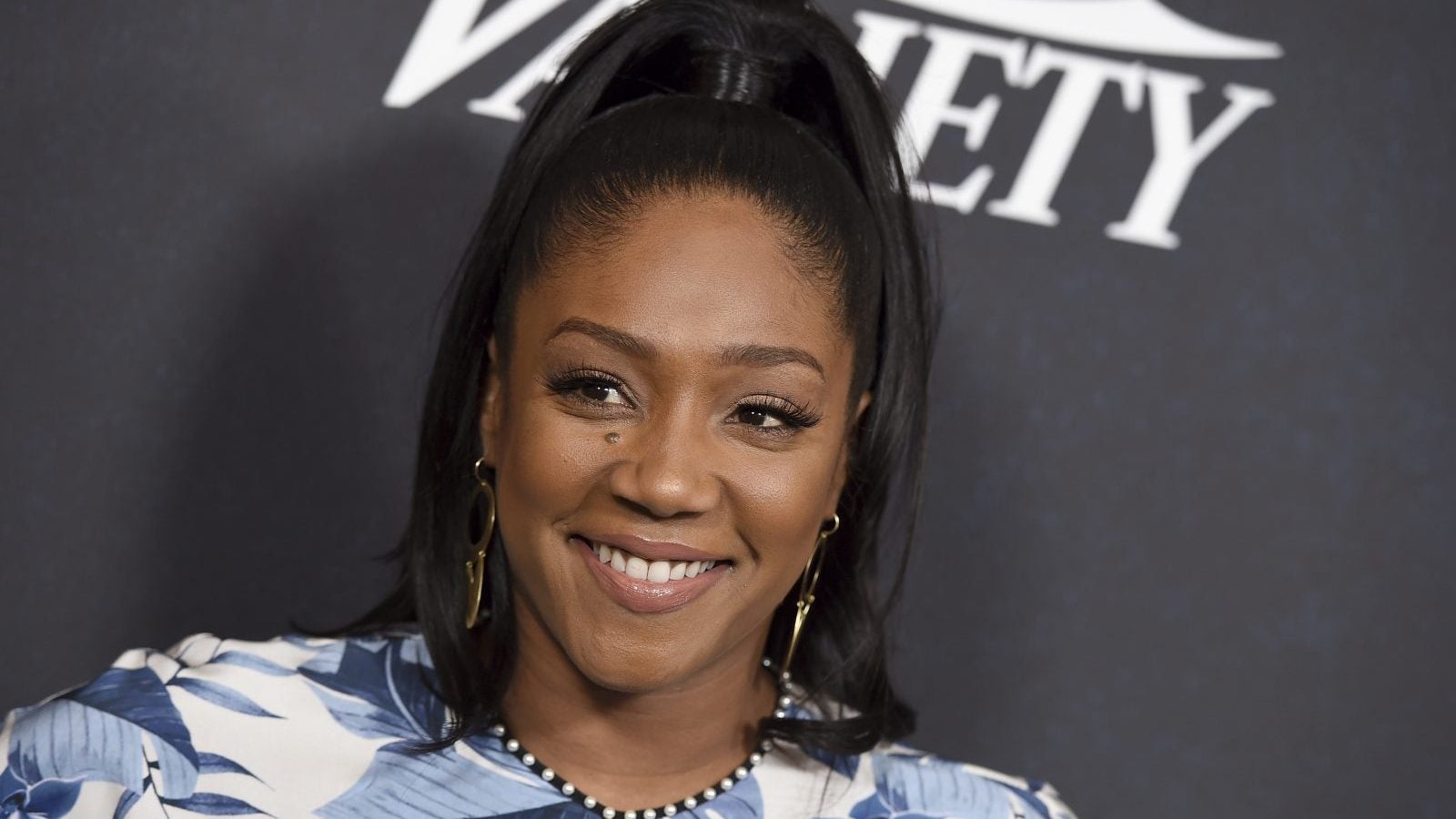Tiffany Haddish went to unusual lengths to get honest feedback on her work
Going into a job interview is a stressful experience, but coming back from one can be just as nerve-wracking. Did I fumble that last question? Did the interviewer think I was too inexperienced? Was my handshake off-putting? Sometimes, there’s just no way of knowing.


Going into a job interview is a stressful experience, but coming back from one can be just as nerve-wracking. Did I fumble that last question? Did the interviewer think I was too inexperienced? Was my handshake off-putting? Sometimes, there’s just no way of knowing.
Actor and comedian Tiffany Haddish, for one, got tired of contemplating the possible reactions to her auditions. So the Girls Trip star took the matter of getting raw feedback into her own hands, finding out what directors and casting agents thought of her by putting her cell phone in her purse, with the voice memo rolling, then “forgetting” her bag in the audition room before going back to get it later.
“I want to hear so that I can write jokes about it. That and also so that I use it to my advantage and grow,” Haddish said at a roundtable hosted by The Hollywood Reporter.
Some of the critiques people offered when they thought Haddish wasn’t listening were actually helpful: It turned out that her script readings needed work, for example, so she started practicing reading out loud more often before the auditions.
Other comments captured on tape weren’t at all constructive, but they did confirm the reality of the prejudices faced by black women in Hollywood. At the roundtable, Haddish shared a few memorable bits of feedback she collected: “‘She is not as urban as I thought she’d be.’ Or, ‘She is so ghetto.’ ‘Her boobs aren’t big enough.’ ‘I really think we should just go with a white girl.'”
Research shows that most people crave feedback about their work. But few actually get it, and when we do, we often become upset or defensive. Haddish admits that she wasn’t impervious to other people’s dismissals of her auditions. “Sure, they hurt my feelings,” she says. But for her, the value of getting candid comments about her performance outweighed the emotional cost—not to mention the potential penalties of breaking the “two-party consent” rule on recording conversations in California.